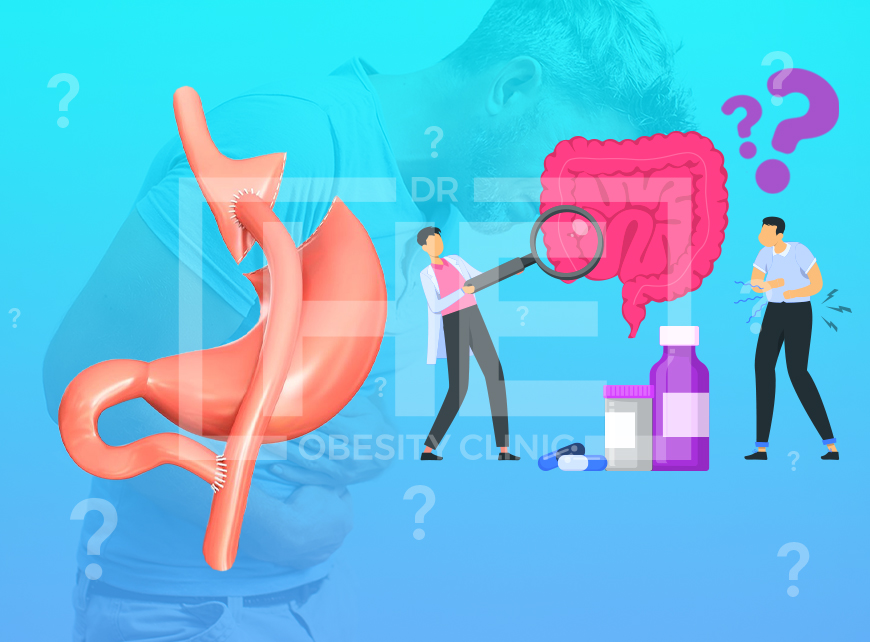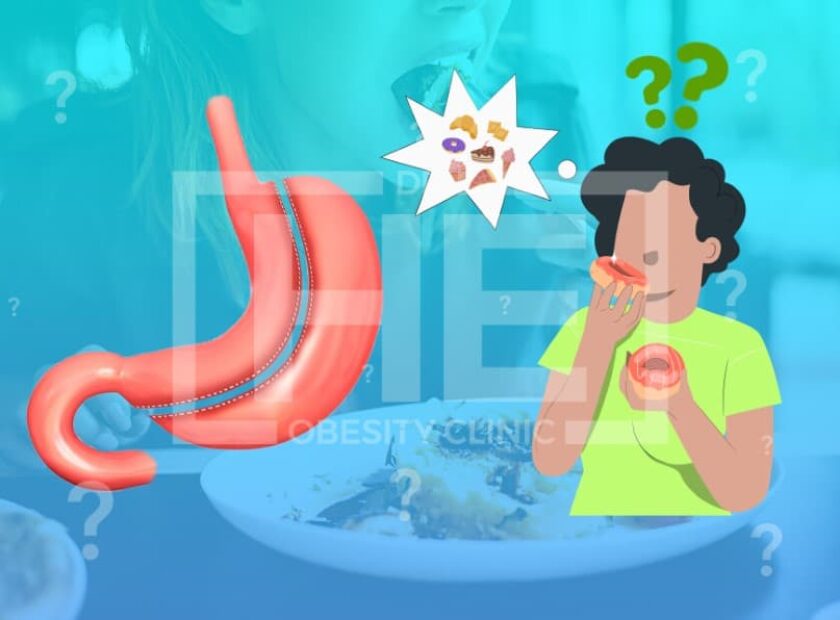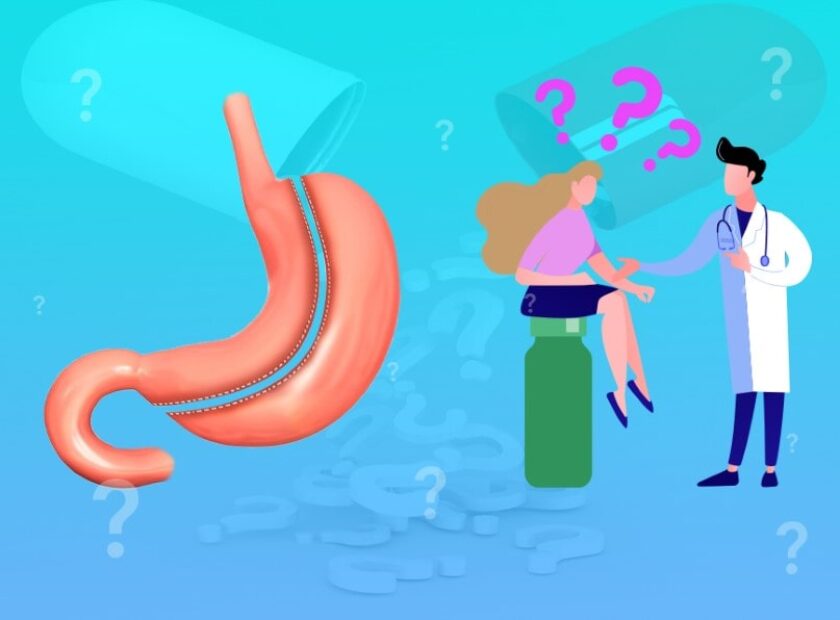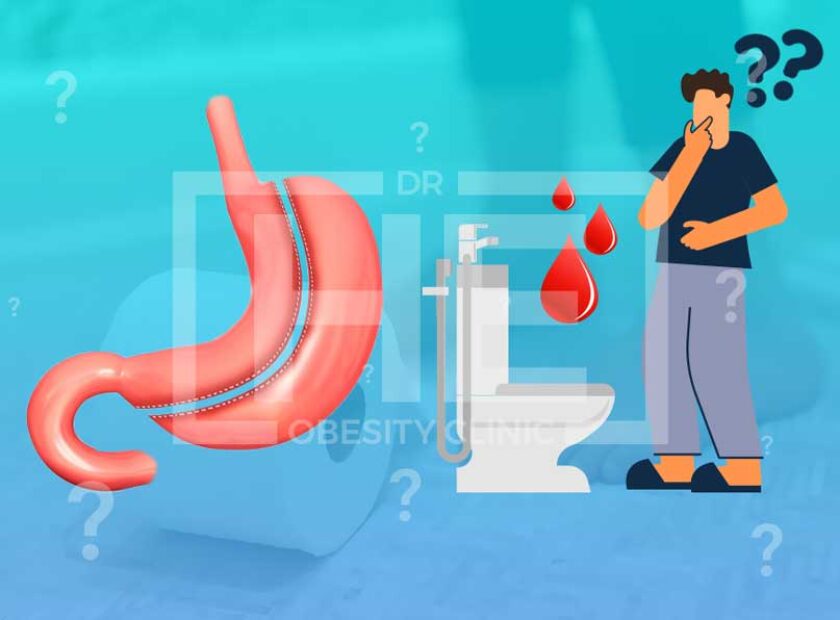
How to deal with gas after gastric bypass? Can i take gas-x after gastric sleeve surgery? Can i take gas x after gastric sleeve surgery? You may have heard about the dangers of stomach gas after gastric bypass surgery. The surgery, which reduces your stomach size by removing excess fat, can cause a wide range of side effects, including a high risk for infection.
The risks of Clostridium difficile colitis are minimal, but you should be aware that they are real and can result in serious complications. Thankfully, there are many treatment options available and a variety of reputable sources offer guidance on how to deal with your post-surgical gas.
There are several ways to manage gas after gastric bypass. One way to minimize gas is to take smaller meals at regular intervals. This will reduce the amount of food you swallow each day and help you avoid bloating.
You should also try to eat slowly and chew your food well, as liquids with high sugar content can cause late dumping, which causes gas and diarrhea about 30 minutes after swallowing. Your doctor will also recommend the use of medication to help you manage the pain associated with the procedure.
You can take an antacid to neutralize the acidity of the gas and promote better digestion. Another effective treatment is a topical treatment called simethicone.
It can be purchased over the counter without a prescription, and is safe for everyone. However, the best way to deal with gas after gastric bypass is to discuss treatment options with your surgeon.
Recommended content: Gastric Sleeve Turkey
How to deal with gas after gastric bypass?
Gastric bypass surgery is a life-changing procedure that can lead to significant weight loss and improved health for many individuals. However, like any major surgery, it also comes with potential side effects and complications. One common issue that patients may experience after gastric bypass is excessive gas.
Experiencing gas after gastric bypass surgery is not uncommon, and it can be both uncomfortable and embarrassing for patients. However, there are several strategies that can help individuals manage this issue and improve their overall quality of life post-surgery.
1. Understand the Causes of Gas: Excessive gas after gastric bypass surgery can be caused by a variety of factors. One common cause is the alteration of the digestive system during the surgery. After gastric bypass, food bypasses a portion of the small intestine, leading to changes in how the body digests and absorbs nutrients. This can result in an overgrowth of bacteria in the small intestine, which can produce excess gas.
In addition, changes in diet and eating habits post-surgery can also contribute to gas. Patients may be consuming different types of foods or eating larger meals than they are used to, both of which can lead to increased gas production.
2. Modify Your Diet: Making changes to your diet is often the first line of defense against excessive gas after gastric bypass surgery. It’s important to work closely with a registered dietitian who specializes in bariatric nutrition to develop a meal plan that is tailored to your individual needs.
Some general dietary tips for managing gas after gastric bypass include:
– Eating smaller, more frequent meals to reduce the strain on your digestive system
– Avoiding carbonated beverages, which can contribute to gas production
– Limiting foods that are known to cause gas, such as beans, broccoli, cabbage, and onions
– Chewing food thoroughly and eating slowly to aid digestion
3. Incorporate Probiotics: Probiotics are beneficial bacteria that can help restore balance to the gut microbiome. After gastric bypass surgery, incorporating probiotic-rich foods such as yogurt, kefir, and sauerkraut into your diet may help promote healthy digestion and reduce gas.
In some cases, your healthcare provider may also recommend a probiotic supplement to support gut health. Be sure to consult with your healthcare team before starting any new supplements to ensure they are safe and appropriate for you.
4. Stay Hydrated: Drinking an adequate amount of water is essential for overall health and can also help alleviate gas symptoms. Proper hydration supports digestion and helps prevent constipation, which can contribute to gas build-up in the digestive tract.
It’s important to sip water throughout the day and avoid consuming large amounts of fluids with meals, as this can dilute stomach acid and impair digestion.
5. Be Mindful of Eating Habits: In addition to making changes to what you eat, how you eat can also impact gas production after gastric bypass surgery. Some helpful eating habits to adopt include:
– Avoiding straws, which can cause you to swallow air and contribute to gas
– Taking short walks after meals to aid digestion
– Waiting at least 30 minutes after eating before lying down
6. Seek Medical Guidance: If you are experiencing persistent or severe gas after gastric bypass surgery, it’s important to seek guidance from your healthcare provider. Excessive gas can sometimes be a sign of underlying digestive issues that require medical attention.
Your healthcare team can help determine the underlying cause of your symptoms and develop a personalized treatment plan to address them. This may involve diagnostic testing, medication, or other interventions to improve your digestive health.
7. Practice Patience: Adjusting to life after gastric bypass surgery is a journey that takes time and patience. It’s normal to experience challenges along the way, including issues like excessive gas. Remember that you are not alone in this experience, and there are resources and support available to help you navigate these challenges.
Connecting with other individuals who have undergone gastric bypass surgery through support groups or online communities can provide valuable insight and encouragement as you work towards managing post-surgical symptoms.
Can i take gas-x after gastric sleeve surgery?
Can i take gas-x after gastric sleeve surgery? Gastric sleeve surgery, also known as sleeve gastrectomy, is a popular and effective weight loss surgery that involves removing a large portion of the stomach to create a smaller, sleeve-shaped stomach. This procedure helps patients lose weight by reducing the amount of food they can eat and by altering the production of hormones that control hunger and fullness.
After undergoing gastric sleeve surgery, patients often experience changes in their digestive system, including bloating, gas, and indigestion. These symptoms can be uncomfortable and may lead patients to seek relief through over-the-counter medications such as Gas-X. However, it’s important for patients to understand how Gas-X may affect their post-surgery digestive system and whether it is safe to take after gastric sleeve surgery.
Can I Take Gas-X After Gastric Sleeve Surgery?
Gas-X is an over-the-counter medication that is commonly used to relieve symptoms of gas, bloating, and discomfort in the digestive system. It contains simethicone, an active ingredient that helps break up gas bubbles in the stomach and intestines, making it easier for the body to expel them.
For patients who have undergone gastric sleeve surgery, experiencing gas and bloating is not uncommon. The changes in the digestive system following surgery can lead to increased gas production and difficulty in passing gas, which can cause discomfort and bloating. As a result, many patients wonder if they can safely take Gas-X to alleviate these symptoms.
The good news is that Gas-X is generally considered safe to use after gastric sleeve surgery. The active ingredient, simethicone, is not absorbed into the bloodstream and works locally in the digestive tract to break up gas bubbles. This means that it is unlikely to interfere with the structural changes made during the surgery or cause any complications.
However, it is important for patients to consult with their healthcare provider before taking Gas-X or any other over-the-counter medications after gastric sleeve surgery. Every patient’s post-surgery experience is unique, and healthcare providers can provide personalized guidance based on individual health status and any specific concerns or considerations.
Potential Benefits of Using Gas-X After Gastric Sleeve Surgery
For patients experiencing discomfort from gas and bloating after gastric sleeve surgery, Gas-X can offer several potential benefits:
1. Relief from Gas and Bloating: Gas-X can help break up gas bubbles in the digestive tract, providing relief from uncomfortable bloating and pressure.
2. Improved Comfort: By reducing gas-related discomfort, Gas-X can help patients feel more comfortable as they adjust to the changes in their digestive system following surgery.
3. Non-Systemic Action: Gas-X works locally in the digestive tract and is not absorbed into the bloodstream, minimizing the risk of systemic side effects or interactions with other medications.
It’s important for patients to follow the recommended dosage instructions on the Gas-X packaging and to avoid exceeding the maximum daily dose without consulting a healthcare provider. Overuse of simethicone-containing products can lead to potential side effects such as constipation or interference with nutrient absorption.
Gas-X After Gastric Sleeve Surgery Risks and Considerations
While Gas-X can provide relief from gas and bloating for many patients after gastric sleeve surgery, there are some risks and considerations to keep in mind:
1. Individual Variability: Every patient’s post-surgery experience is unique, and some individuals may have specific health conditions or factors that could affect the safety or effectiveness of Gas-X. Consulting with a healthcare provider can help ensure that Gas-X is appropriate for an individual’s specific situation.
2. Underlying Issues: Gas and bloating after gastric sleeve surgery can sometimes be indicative of underlying digestive issues or complications that require medical attention. Patients should seek guidance from their healthcare provider if they experience persistent or severe digestive symptoms.
3. Dietary and Lifestyle Modifications: In addition to using Gas-X, patients can benefit from making dietary and lifestyle adjustments to manage post-surgery gas and bloating. This may include eating smaller, more frequent meals, avoiding carbonated beverages, and practicing mindful eating habits.
4. Long-Term Considerations: While Gas-X can provide short-term relief from gas and bloating, it is important for patients to address any ongoing digestive issues with their healthcare provider to ensure long-term digestive health.
What causes gas after gastric bypass surgery?
It’s important to note that the gas that is released after gastric bypass surgery is mostly due to partially digested food that passes through your intestine.
This leads to increased production of odorous gas in your lower intestine. This is caused by both swallowed air and the increase in bowel motility after the operation. This in turn causes burps, flatulence, and bloating.
As for the cause of gas after gastric bypass, swallowed air and harmless bacteria can cause increased flatulence and malodorous flatulence.
These symptoms are completely normal and manageable after the surgery. It is also worth remembering that your body needs plenty of calories, and you will not have a gas-free life unless you are willing to sacrifice your health. This is why you should follow your doctor’s orders and eat a nutritious diet to lose weight.
How to Get Rid of Gas After Gastric Bypass?
Many people wonder how to get rid of gas after gastric bypass. While you may not experience severe symptoms, the bloating, discomfort, and pain can be uncomfortable.
One way to deal with this is to walk to move the stomach and eliminate excess gas. Walking can also help you feel more energetic and relieve the discomfort from the surgery. Another way to get rid of the discomfort from gas is to avoid certain foods.
- Take your time and chew your food.
- Don’t overeat. Stick to the normal portion sizes.
- Take a probiotic if given permission by your doctor.
- Avoid food that can trigger gas like alcohol and lactose.
- Take a cup of ginger or peppermint tea.
- Consider taking a magnesium supplement.
- Take gas-prevention medication.
In addition to eating less, you can avoid eating high-carbohydrate foods. They will cause excessive gas. These food items will cause your body to release CO2 and odorous waste products.
You should also avoid eating protein-rich foods. If you have to eat them, try to limit them to a handful. The amount of protein and fat you consume can have an effect on how much gas you produce.
When it comes to food, the best way to get rid of the gas after gastric bypass surgery is to eat smaller portions and avoid foods that are high in carbohydrates.
While the diet has been optimized for gas after gastric bypass, you may have to eat smaller meals to ensure that you do not end up with excessive amounts of gas.
For some people, gas can be very embarrassing, but it doesn’t have to be a problem. You can follow these tips to get rid of the gas after gastric bypass and start feeling better in no time.
Medication For Gas Prevention
If you want to learn more about nonprescription medicines for gas, visit a pharmacist or doctor. If you have a food allergy, try to avoid barium-based products.
In addition, look for those with lactose. If you’re lactose intolerant, find a product with lactase. There are also a variety of over-the-counter and prescription medications available.
Many OTC medications for gas are available. For example, Gas-X is a popular over-the-counter medication for babies and children. It contains simethicone, which is safe for pregnant and breastfeeding women.
Since simethicone isn’t absorbed into the body, it won’t pass through breast milk to your baby. In addition, you can use it while you’re pregnant or breastfeeding if you’re prone to stomach upsets.
What Foods Cause Gas After Gastric Bypass?
What foods cause gas after gastric bypass? is an often-asked question by gastric bypass patients. Eating high-carbohydrate foods will increase gas production because your body will use them to produce CO2 and other waste products.
You should limit the amount of protein you consume to a few handfuls. In addition, avoid carbonated beverages and chewing gum. Avoid carbonated liquids or drinks with a straw.
While most gas-producing foods are carbohydrates, you may want to try a higher protein, lower carbohydrate diet to control it. You should avoid sugary drinks, barium-based products, and dairy products.
If you cannot cut out all sources of gas, you may want to consider lactase-free dairy products. In addition, you may want to avoid sugar substitutes like aspartame or sucralose, which are commonly found in sugar-free products.
While gas after gastric bypass is normal, it is embarrassing. People who underwent the procedure are extremely sensitive to how they look. This is why they must do everything they can to minimize the discomfort associated with gas.
It is also important to make sure you eat slowly and chew every bite thoroughly. To help prevent excess gas, you may want to avoid alcohol, lactose, and certain foods. If you still feel gas after gastric bypass, your doctor may prescribe a medication to control it.
A few months after the procedure, you should avoid using straws. The use of straws will make it easier to suck in air, which can be uncomfortable. If you’re worried that you may get an infection, use a small straw. These aren’t as harmful as many people think.
However, if you do develop a bacterial infection, your doctor should prescribe an antibiotic. Your doctor may also prescribe an antibiotic to reduce your symptoms.




